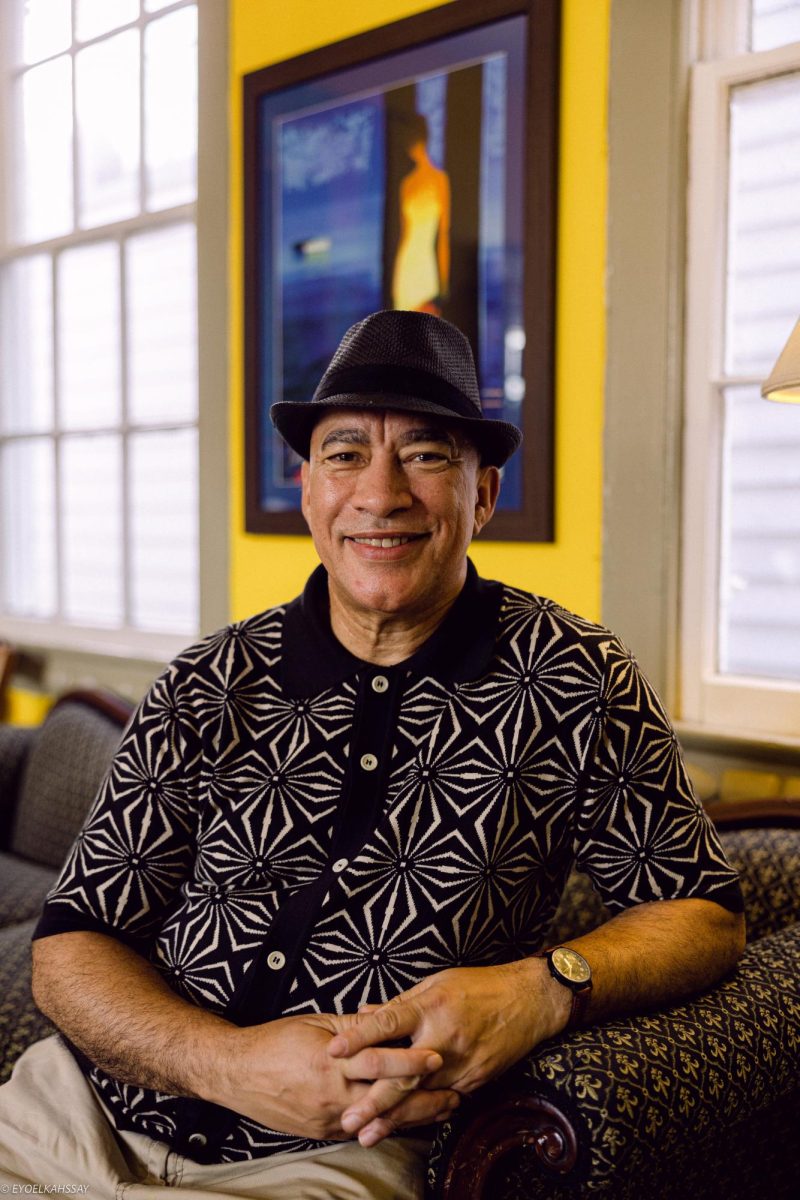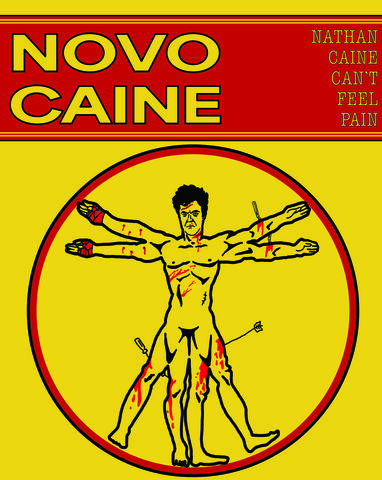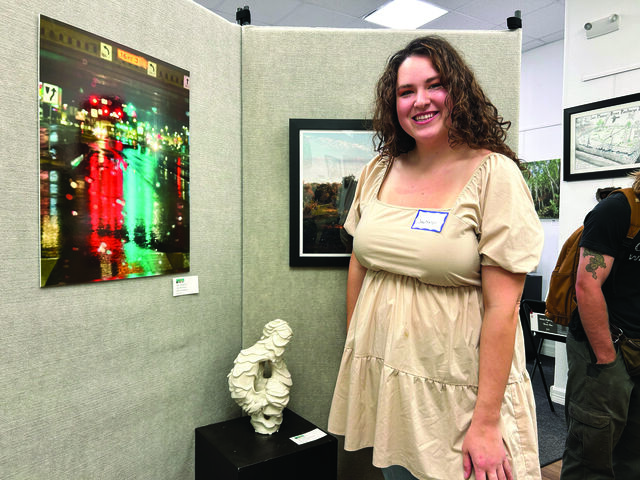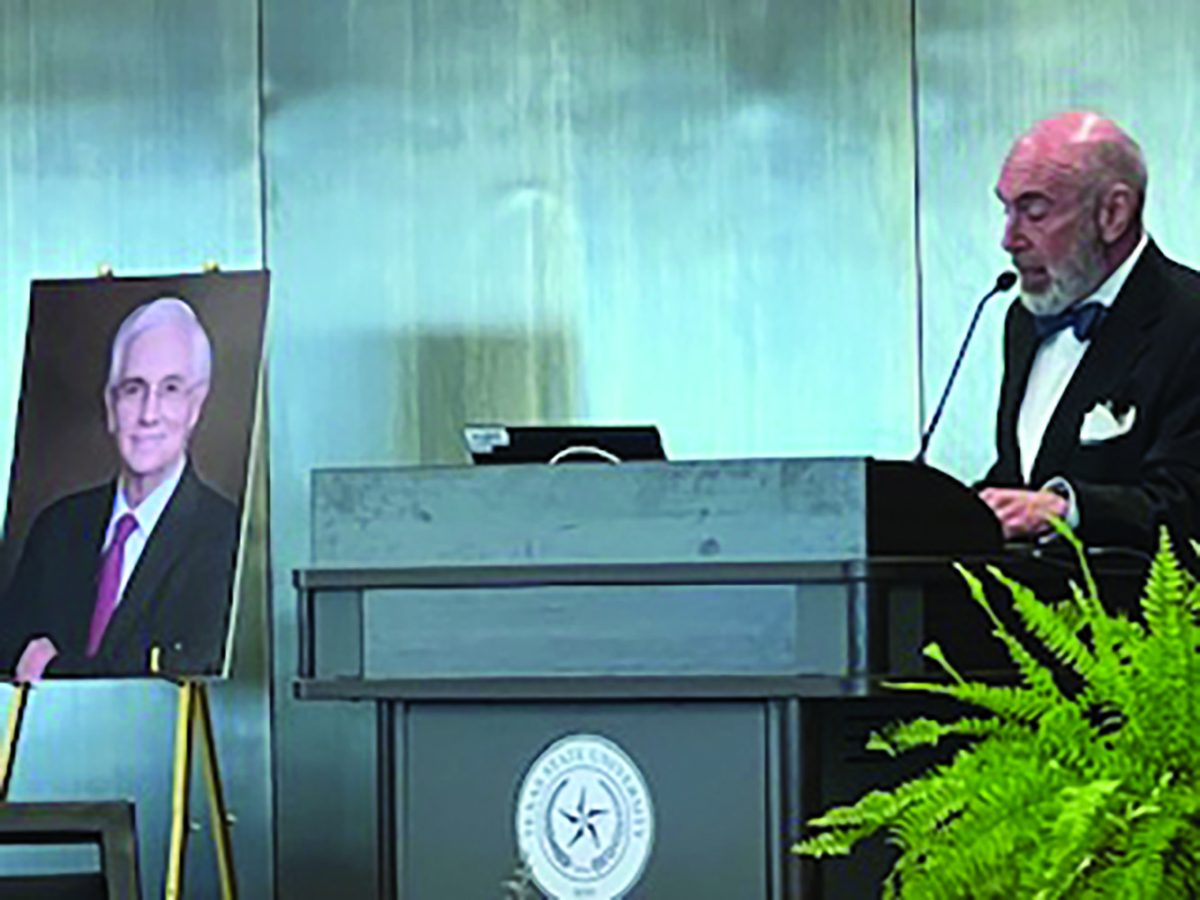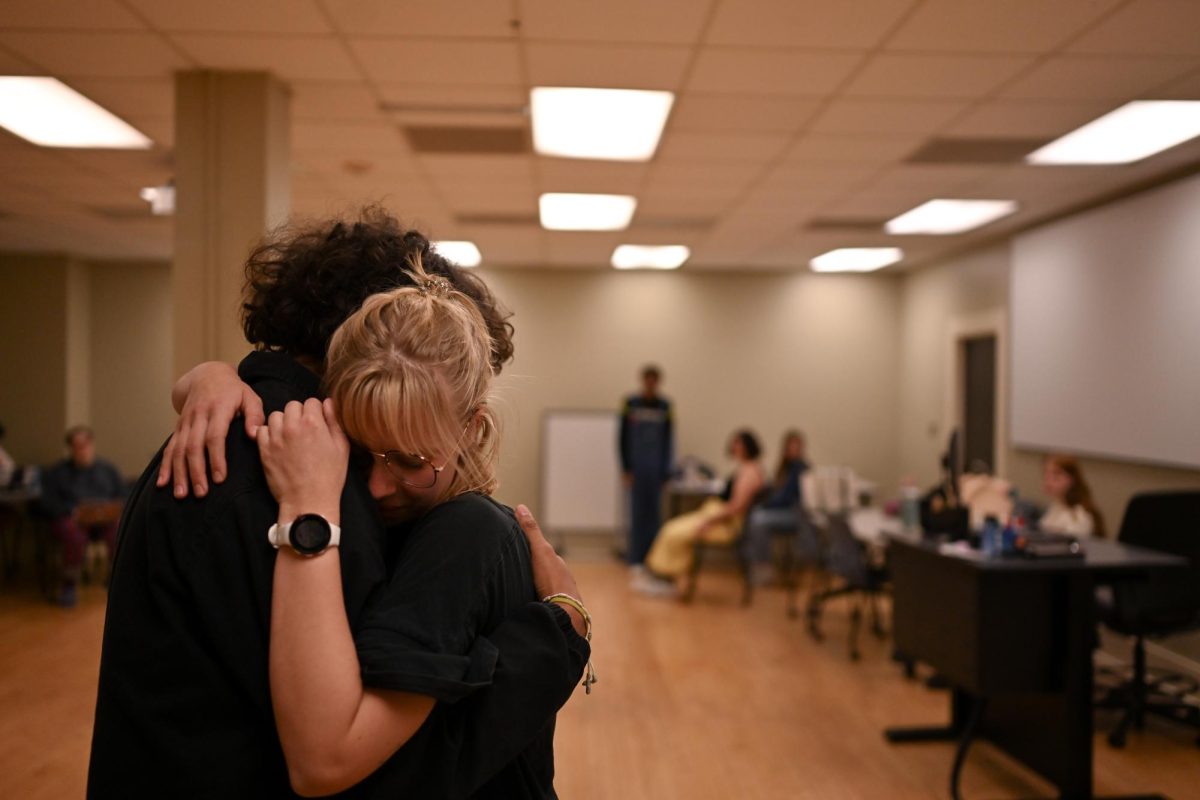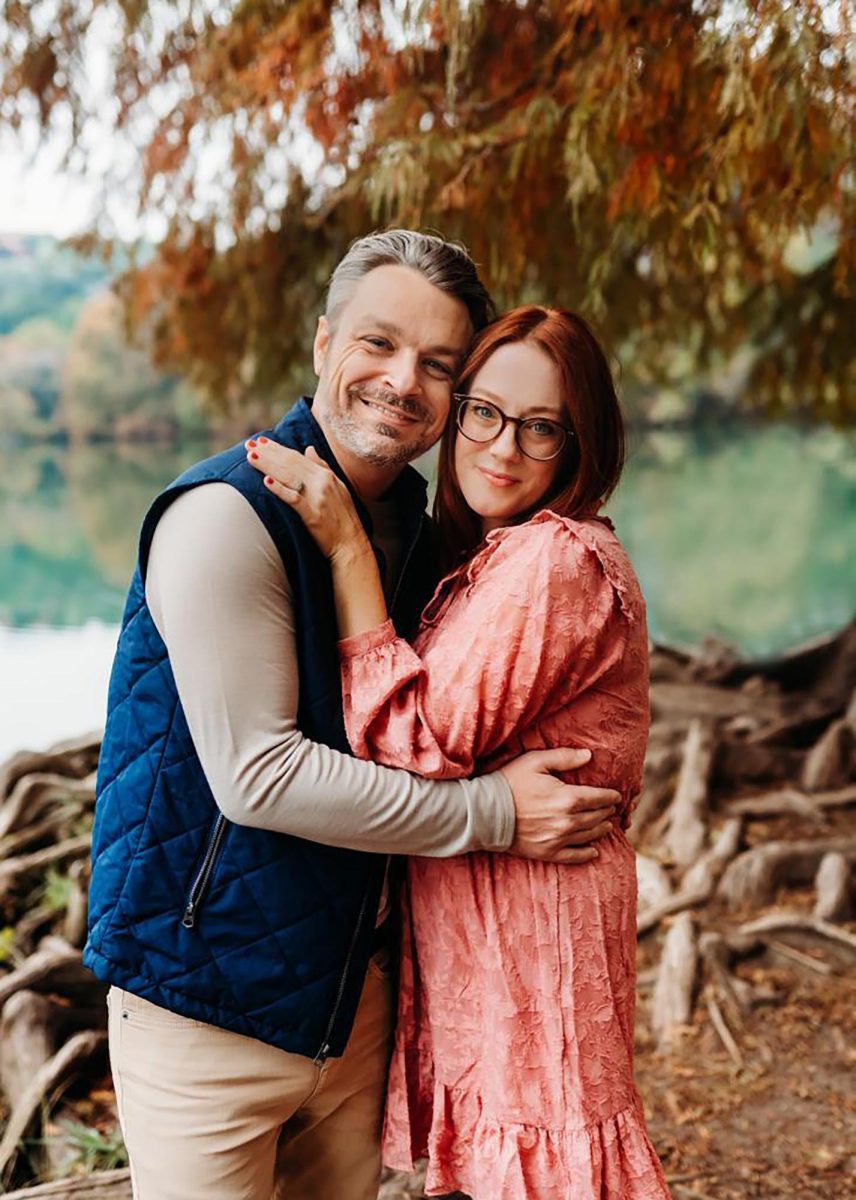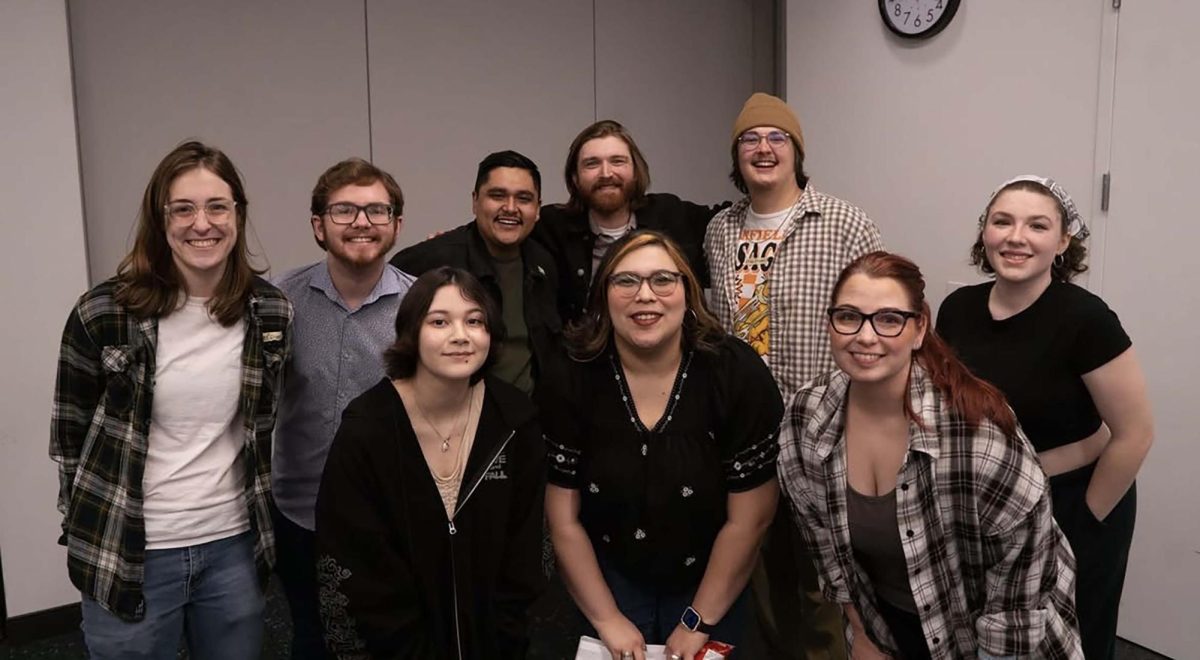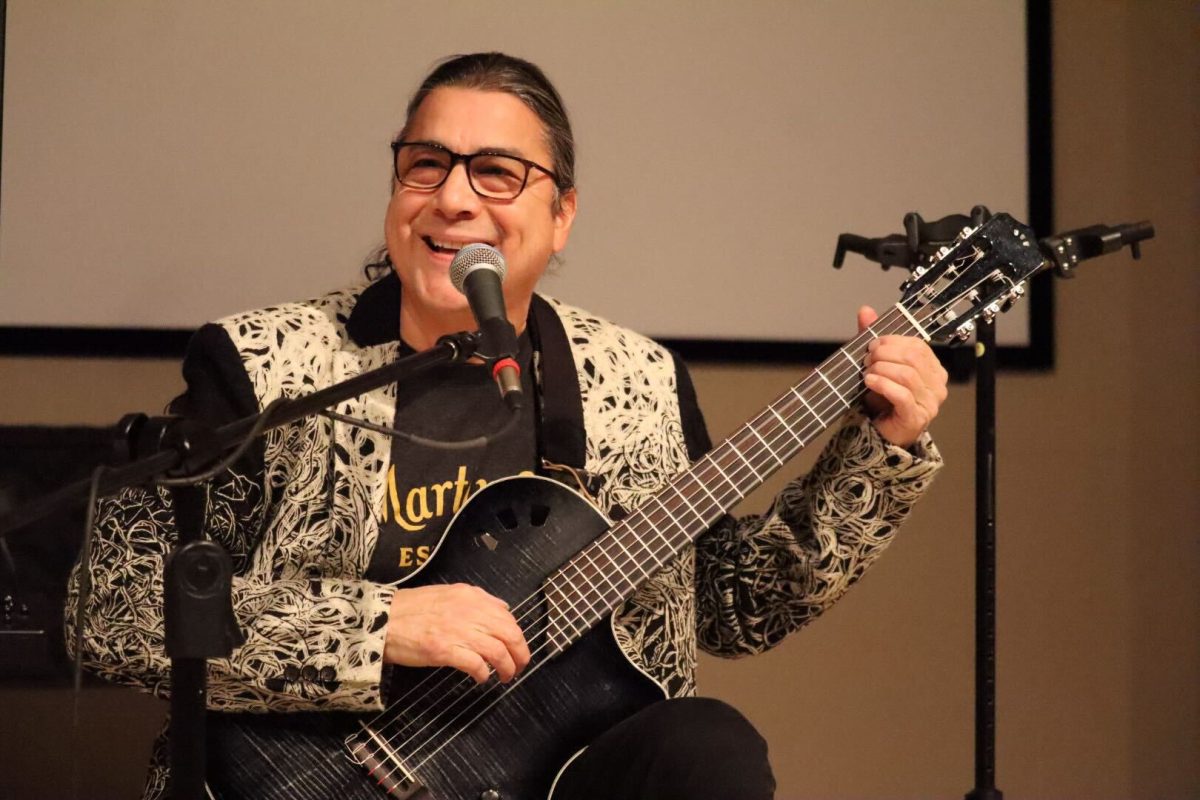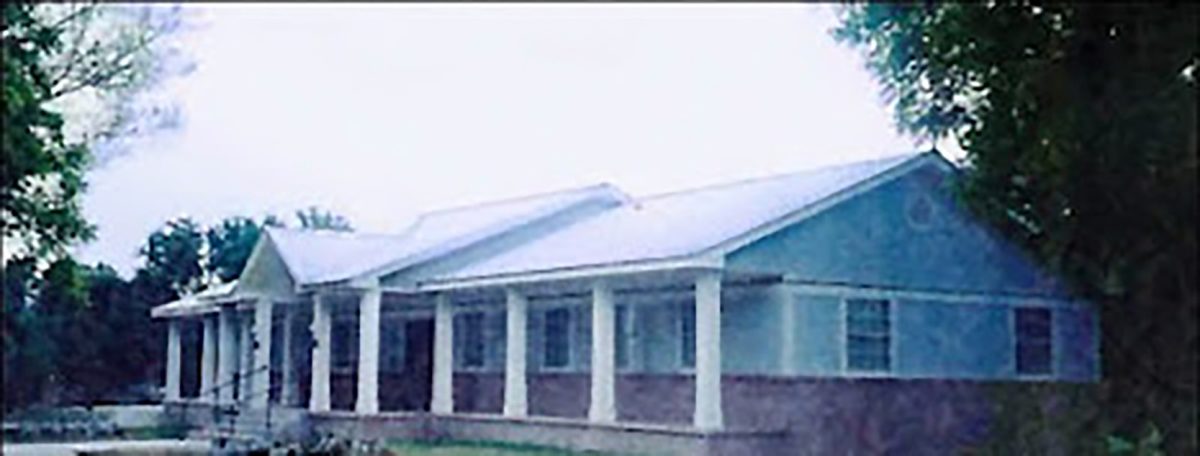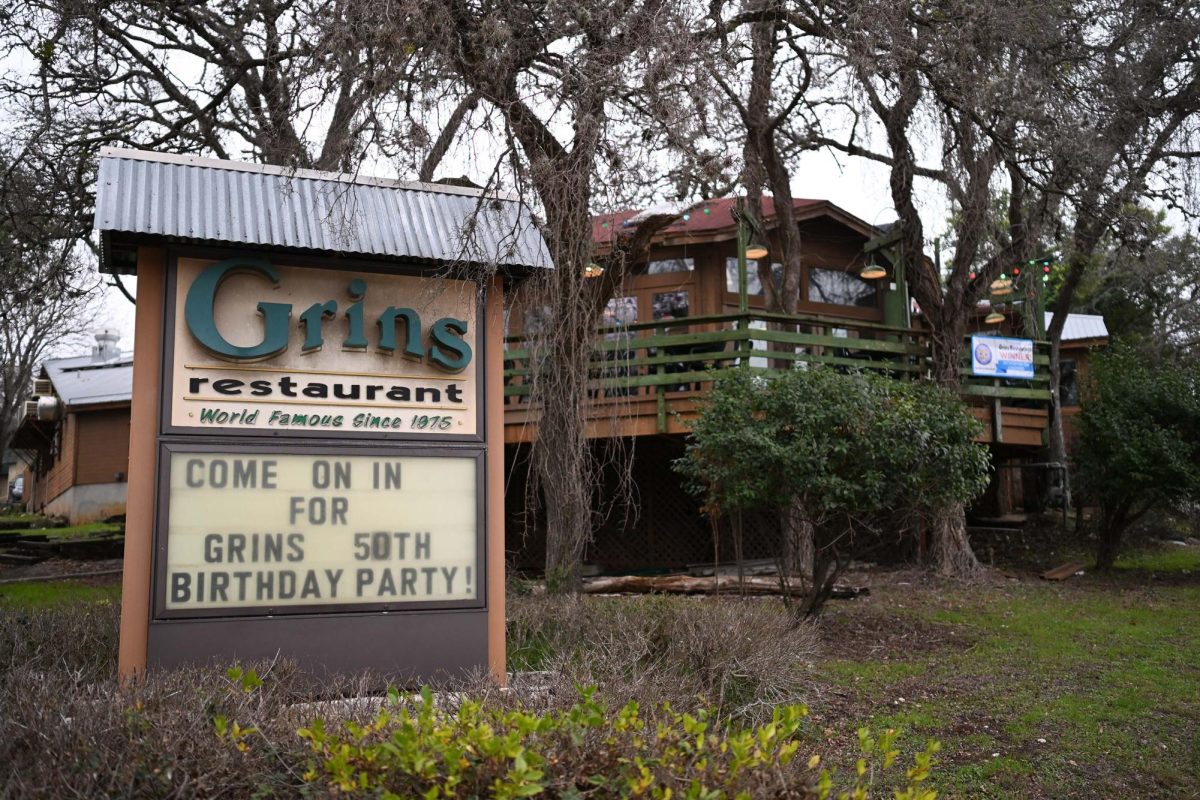Cyrus Cassells, regents’ professor of English, began writing poetry at 16-years-old. While his writing career spans over 40 years of unique experiences across the globe, the 25 years he spent teaching at Texas State has inspired him and others.
Prior to becoming a writer, Cassells was pursuing an acting career. He never considered becoming a teacher until his acting coach at Stanford told him he was a teacher and a writer. Cassells said hearing the statement from a class he did well in was devastating.
“Out of love, she told me something that was true that I hadn’t perceived yet,” Cassells said. “She saw something true about me, which is that I could be a good teacher.”
Since the success of his first book, Cassells spent the latter half of his 20s traveling around the world teaching at churches and colleges and learning from other poets and writers. By his 30s, he wanted to become a teacher because he saw it as an honorable way to make a living besides poetry and acting.
In August of 1998, Cassells received a recommendation to teach at Texas State. He previously had residence jobs but had yet to try a tenure-track job. He accepted the recommendation in part due to wanting to feel grounded by establishing economic security before his father died of cancer.
“I was willing to settle down,” Cassells said. “For him to leave this world knowing that I had a tenure track job was a powerful thing.”
Cassells did not think much of his job at Texas State because he thought he would stay in California. He moved to Austin not expecting much, but the then growing master’s program and accomplished faculty won him over.
Cecily Parks, an English associate professor, met Cassells nine years ago when she applied to teach at Texas State. She knew of his work beforehand as it resonated with her, but she is appreciative to have him around.
“I think of him as a mentor, a strong colleague, someone who cares about me, the program, our students and is really fun to be around,” Parks said. “I’m also always interested to hear what he’s working on.”
Through the years, the people at Texas State gave Cassells a broader world perspective. He made professional connections among the faculty and students, but the human part stuck out to him more. In the past few years, Cassells has met international students and those coming from places in peril, conversing with them about how they survived the war zone they grew up in or lived in.
Cassells said he is grateful to have such an enriching job when he feels good about his students. When he gave one of his students an A-plus for his final paper this semester, Cassells saw the student share the news with people and on Facebook. He knew the student was anxious about the quality of his writing work, but Cassells saw wisdom and empathy in his papers.
“What’s exciting to me is to have my students discover their authentic voices and perspectives and feel stronger about themselves in the world,” Cassells said. “That’s the best that you could have for your students.”
The notion of Cassells’ influence and inspiration has also spread outside of the English department. Aimee Roundtree, an assistant vice president for research, said his students spoke nothing but praise about the quality and impact of his work, signifying the mark of a great scholar and thinker.
“Not only are you creating work that has an impact with your colleagues and makes a difference in the field in which you work, but you are paying it forward, and you are influencing others and inspiring others to do good work,” Roundtree said.
For more information about Cyrus Cassells and his works, visit https://poets.org/poet/cyrus-cassells.



